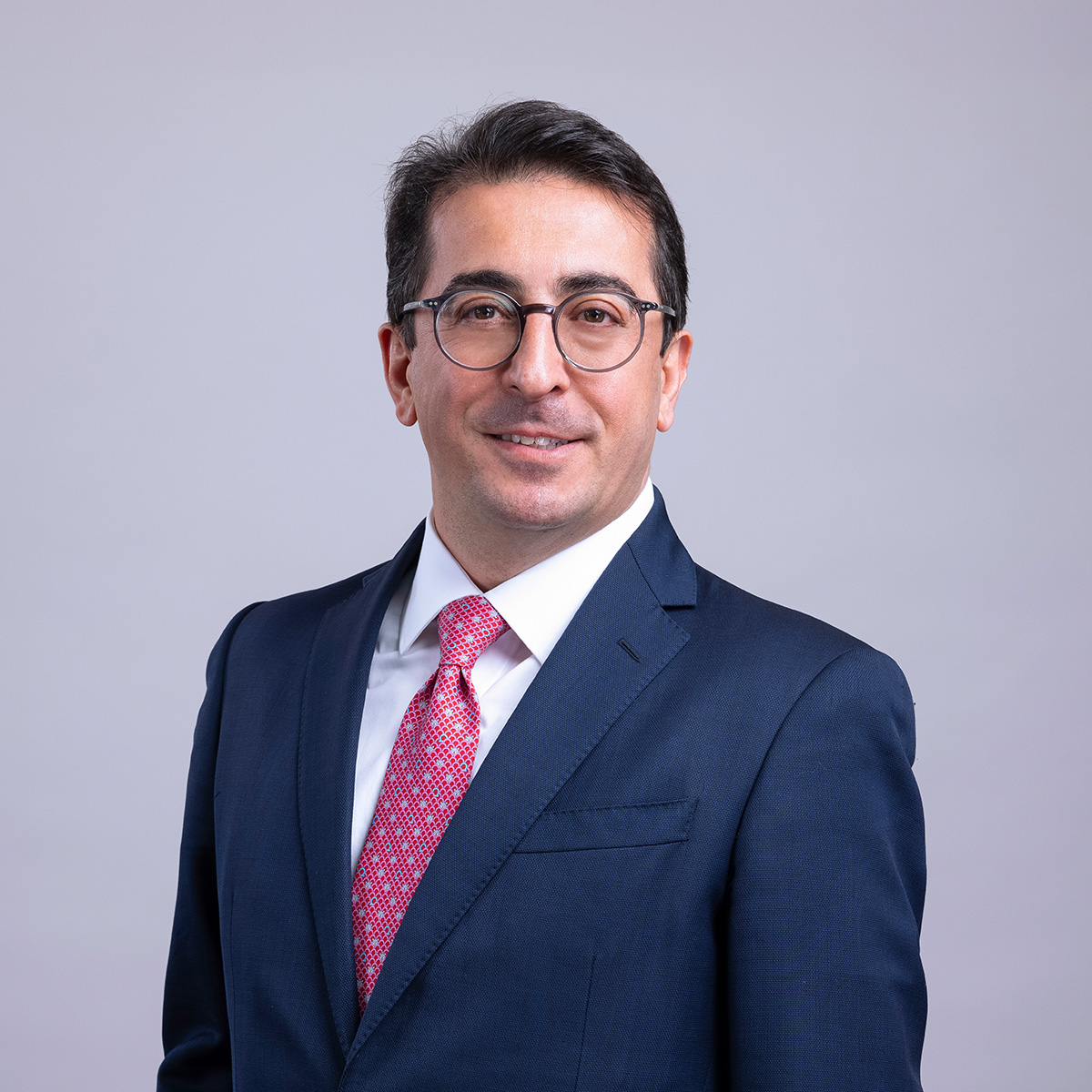Turkey chapter of “The Legal 500 Securitisation Country Comparative Guide” written by Ömer Çollak and Merve Kurdak Kurtdarcan is published.
The securitisation market began developing in the second half of the 1990s in Turkey. Until the last few years, compared to many developed countries, securitisation was mostly undertaken by the banking sector, and the asset classes were limited to credit card receivables, cheque receivables, diversified payment right receivables and leasing receivables. Due to changes in the tax regulations, transactions in the banking sector had decelerated, but this is expected to change following the Capital Markets Board’s commitments to deepen capital markets via diversification of financial instruments for raising more funds through alternative and less costly methods. Therefore, Turkey offers much potential for the securitisation market.
In this direction, in November 2018, certain amendments made to the respective securitisation legislation and in December 2018, an asset finance fund was established by Turkish Development and Investment Bank (TDYB) and it used mortgage-based securities of four Turkish banks as underlying asset for its securitisation transaction which collected a demand 2.43 times higher than the originally planned with an amount of TRY 3.15 billion (approx. USD 596.26 million). Because of the success of the first transaction in December 2018, TDYB issued its second securitized assets in March 2019 where it invested in the mortgage-based securities of Turkish banks and used such securities as underlying assets for its own securitisation. Also notable, the first securitization transaction is made by a Turkish non-bank institution, Volkswagen Doguş Finansman A.Ş. (51% owned by Volkswagen Financial Services AG and 49% by Turkish conglomerate Doguş Group) which established an issuance program for TRY 5 billion (USD 858 million) asset-backed securities backed by the company’s auto loans receivables.
You may reach the entire publication here.
Share
Related persons
You can contact us for detailed information.


Legal Information
This briefing is for information purposes; it is not legal advice. If you have questions, please call us. All rights reserved.
You May Be Interested In
2 January 2026
Legal Developments Regarding the Use of Cannabis for Medical Purposes in Türkiye
Legal Developments Regarding the Use of Cannabis for Medical Purposes in Türkiye
10 December 2025
Protecting Those Who Speak-Up: Whistleblowing and Retaliation under Turkish Law
This article focuses on the protections available to whistleblowers in Türkiye from an employment law perspective, and on the legal risks…
28 November 2025
Turkish Competition Law Newsletter – 2025 Autumn Issue
Turkish Competition Law Newsletter - 2025 Autumn Issue
21 November 2025
Recent Developments in Healthcare Legislation
New Guideline on the Applications for GMP Inspections of Foreign Manufacturing Facilities. The Guideline on the Applications for GMP…
18 November 2025
A New Risk for Turkish Companies: The UK Offence of ‘Failure to Prevent Fraud’
The Economic Crime and Corporate Transparency Act 2023 (“ECCTA”), a landmark piece of legislation in the United Kingdom’s (the “UK”)…